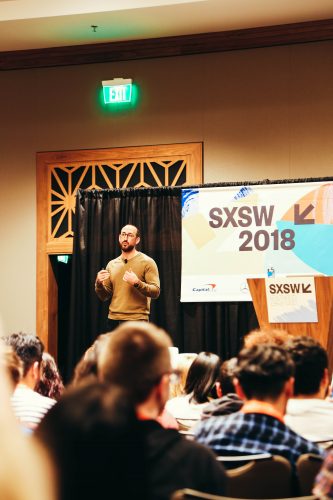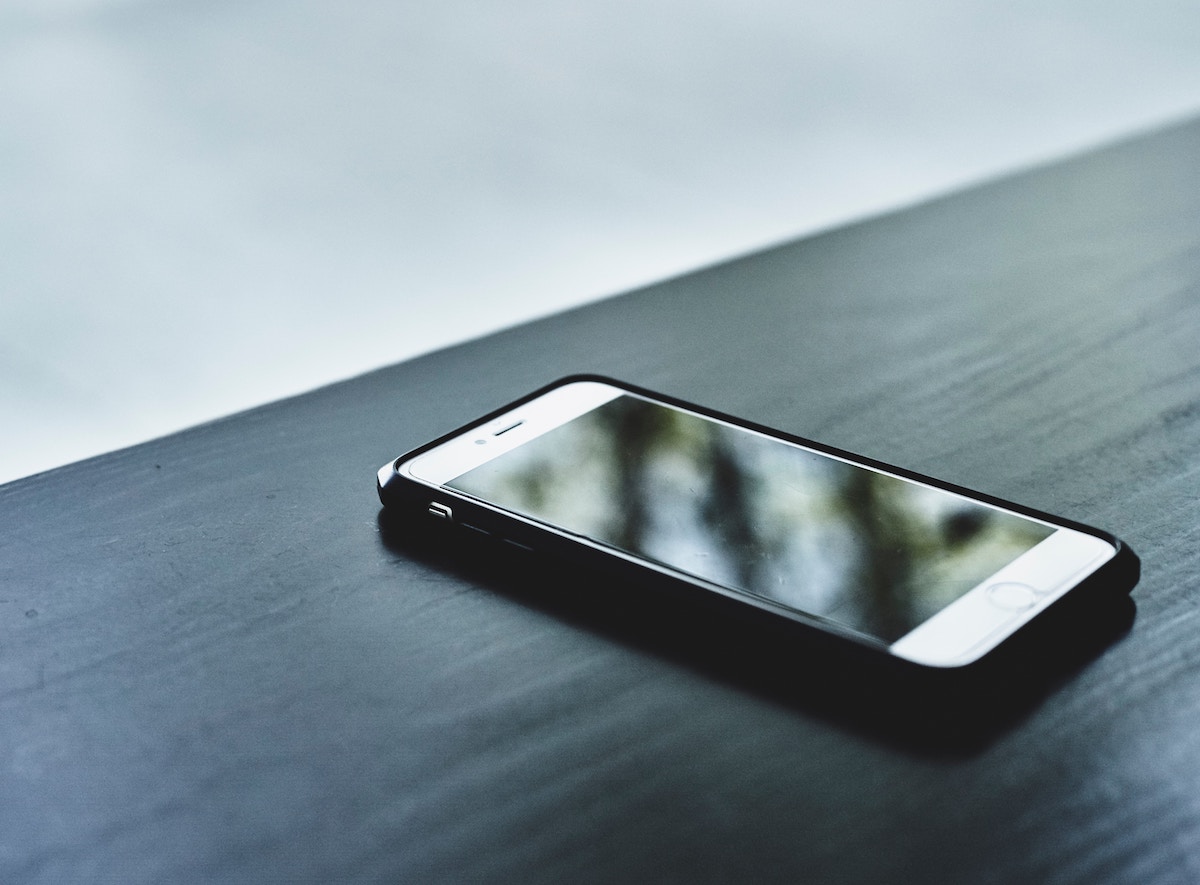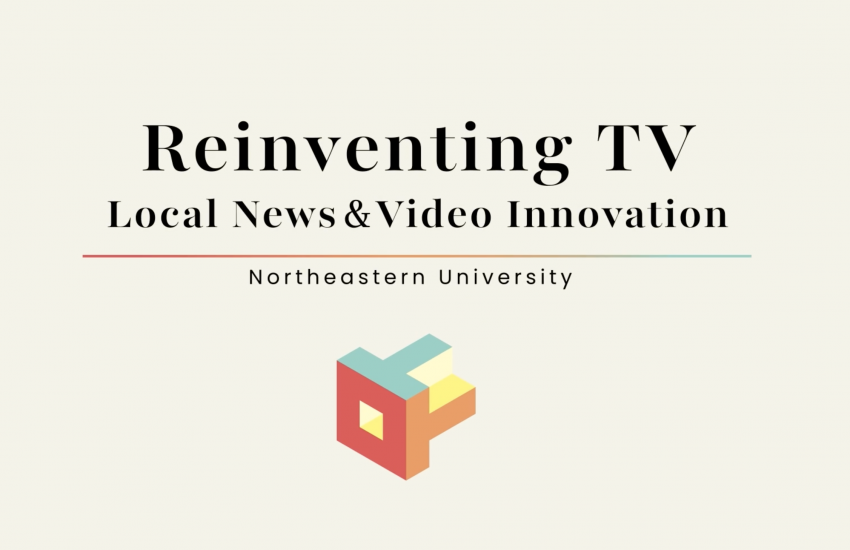SXSW: The danger in designing frictionless experiences like Uber, Hulu and Blue Apron
How many apps do you have on your phone specifically designed to make your life easier? Instead of waiting for the bus that may or may not come, ride-sharing services like Lyft and Uber have made it possible to hail a cab from anywhere at any time, with little wait-time or human interaction. Instead of walking into a fast-casual restaurant to order at the counter, establishments like Sweetgreen, Dig Inn and B.Good permit one to – with smartphone-compatible apps – order food for pick-up, meaning you may never have to fumble for your card in line again.

These applications aim to remove friction from these tasks, making them comparatively a breeze to perform. Less consciously, however, these seemingly seamless experiences are also sneakily reducing consumers’ tolerance for minor obstacles, making us more impatient, less likely to effectively navigate change, and unable to adapt to uncertain situations.
Friction can lead to growth
Steve Selzer, a design manager at Airbnb, spoke at SXSW on Sunday about the idea of designing friction back into products. He remarked that, while the concept of convenience is “exciting as a future,” it removes opportunities for the kind of personal growth that stems from confrontation and even light inconvenience. With many apps systemically designing away these meaningful opportunities, users are less willing to engage in uncomfortable conversations that can lead to personal growth. As designers, the most creative opportunity we have is to be able to confront ourselves and decide (and eventually design) how we want to live our lives. Selzer suggested that we start adding friction back in by confronting three potential obstacles: your colleagues, your customers and ourselves.
Confronting colleagues
Selzer noted that “teams who can confront each other have more overlap and share more values.” When teams value the same things, they work together more efficiently and are able to solve problems more effectively – and he emphasized that this does not mean that the team must always agree on their strategies.
He cited Harvard Business School’s Amy Edmondson, whose research led to the realization that better teams are actually making more mistakes, together. By sharing experiences as a team and creating an environment where team members can have difficult conversations in a safe space, teams are more likely to grow productively and learn more from each other.
Confronting your customers
Selzer also spoke about the responsibilities that designers at companies have to create opportunities to confront their customers within their applications and user interfaces. For example, Netflix builds in the infamous screen that asks you, “Are you still watching the Office?” Although it may seem as though Netflix is accusing you of sitting on your couch for hours, Selzer says that it provides an opportunity for their customers to think about returning to work or other obligations. Similarly, when you sign up for Airbnb, you are asked to read through a Community Commitment, which Airbnb put out as part of their “comprehensive effort to fight bias and discrimination in the Airbnb community.”
“Let’s help people develop mindsets and skills to confront that which is difficult, and how to work through it.”
The feedback that they received from that commitment, Selzer said, was mixed. Some customers admired the company’s willingness to explicitly state their beliefs (“I agree to treat everyone in the Airbnb community—regardless of their race, religion, national origin, ethnicity, disability, sex, gender identity, sexual orientation, or age—with respect, and without judgment or bias”), while others felt that Airbnb was overstepping their boundaries as a company. That debate was rekindled last August when Airbnb banned users the company thought were staying in Charlottesville for a white supremacy rally.
What’s clear is that the Community Commitment has started a conversation about the values of the Airbnb community and what is expected of their customers. As Selzer said, many times, that kind of confrontation leads to growth.
Confronting yourself
Lastly, Selzer spoke about the need for us to confront ourselves, without prompts from applications or people we interact with in our workplaces. When we are open to confronting our own habits, viewpoints, and methods of doing, we become much more sensitive designers.
He ended his talk with the same opening quote, by author Tim Ferriss: “A person’s success in life can usually be measured by the number of uncomfortable conversations he or she is willing to have.” According to Selzer, the only way to grow is by avoiding escape tools like social media applications that only partially engage us, confronting our colleagues and clients, and being open to difficult conversations with ourselves.
Cover photo: George Morgan on Unsplash.





